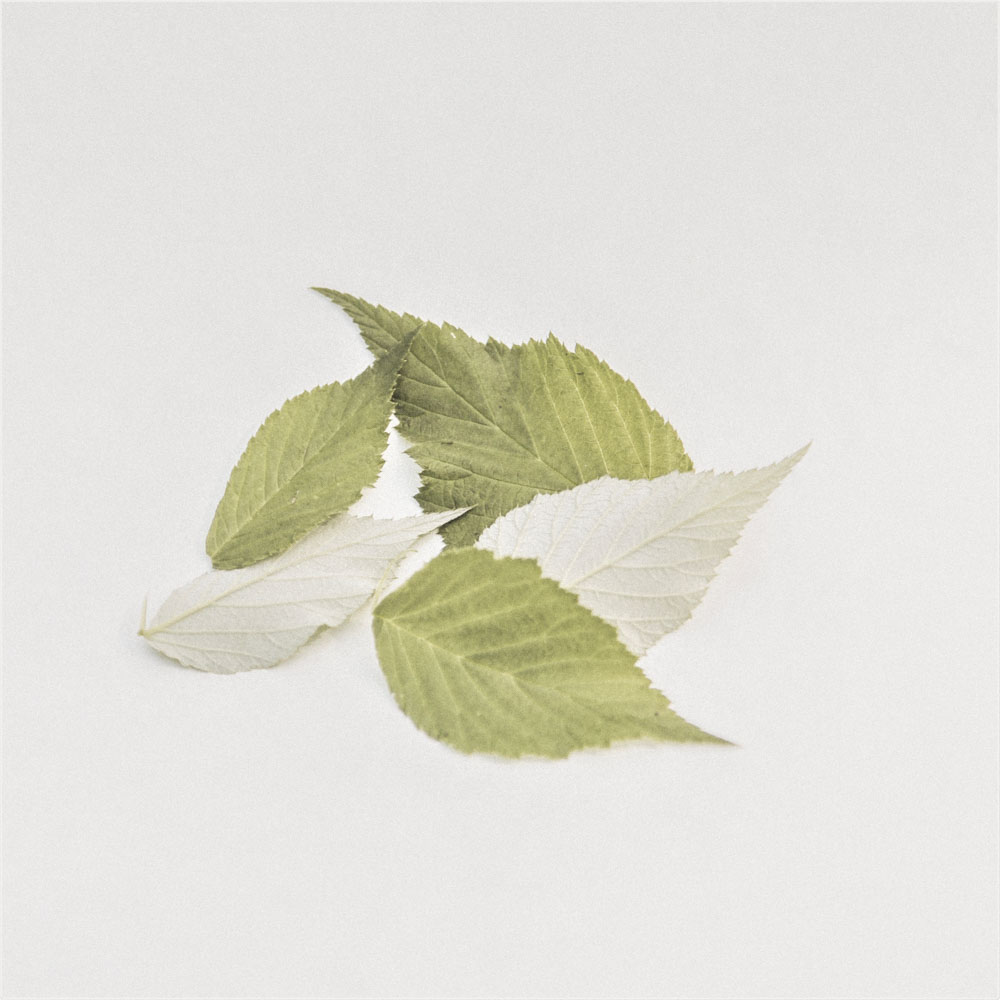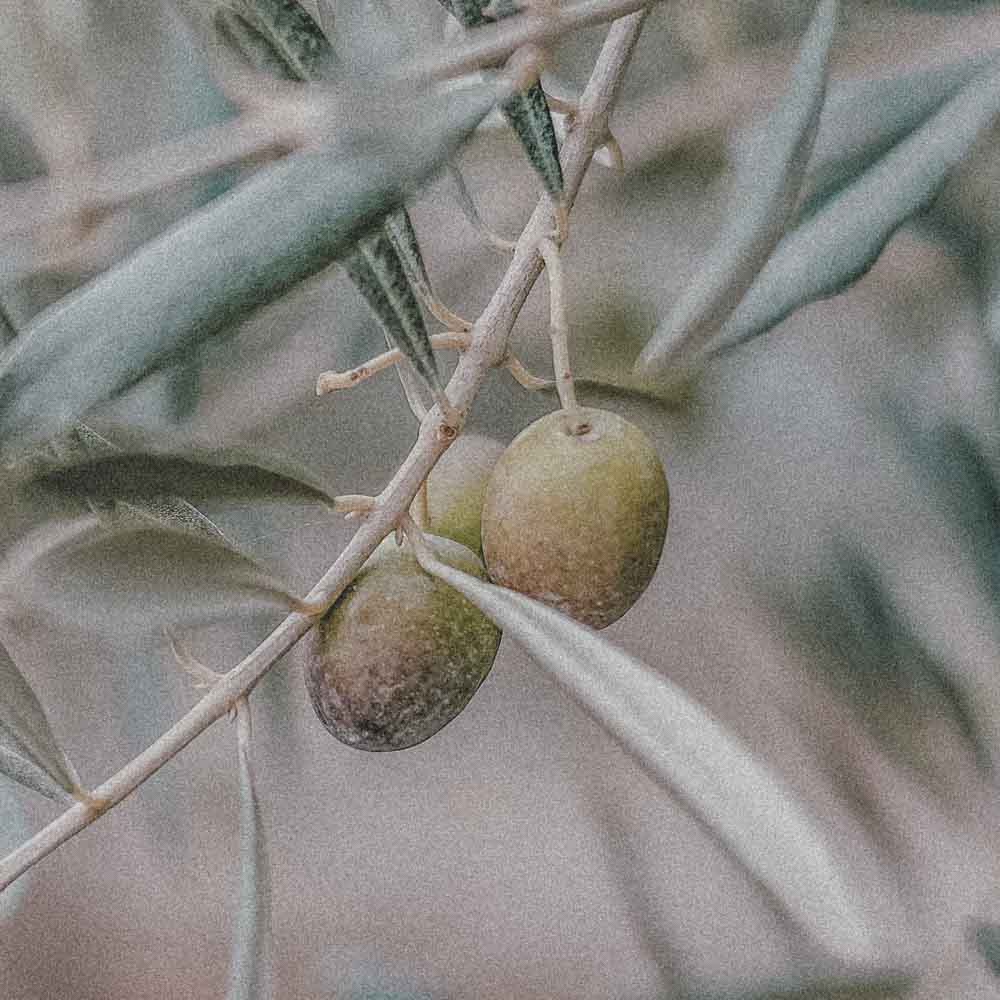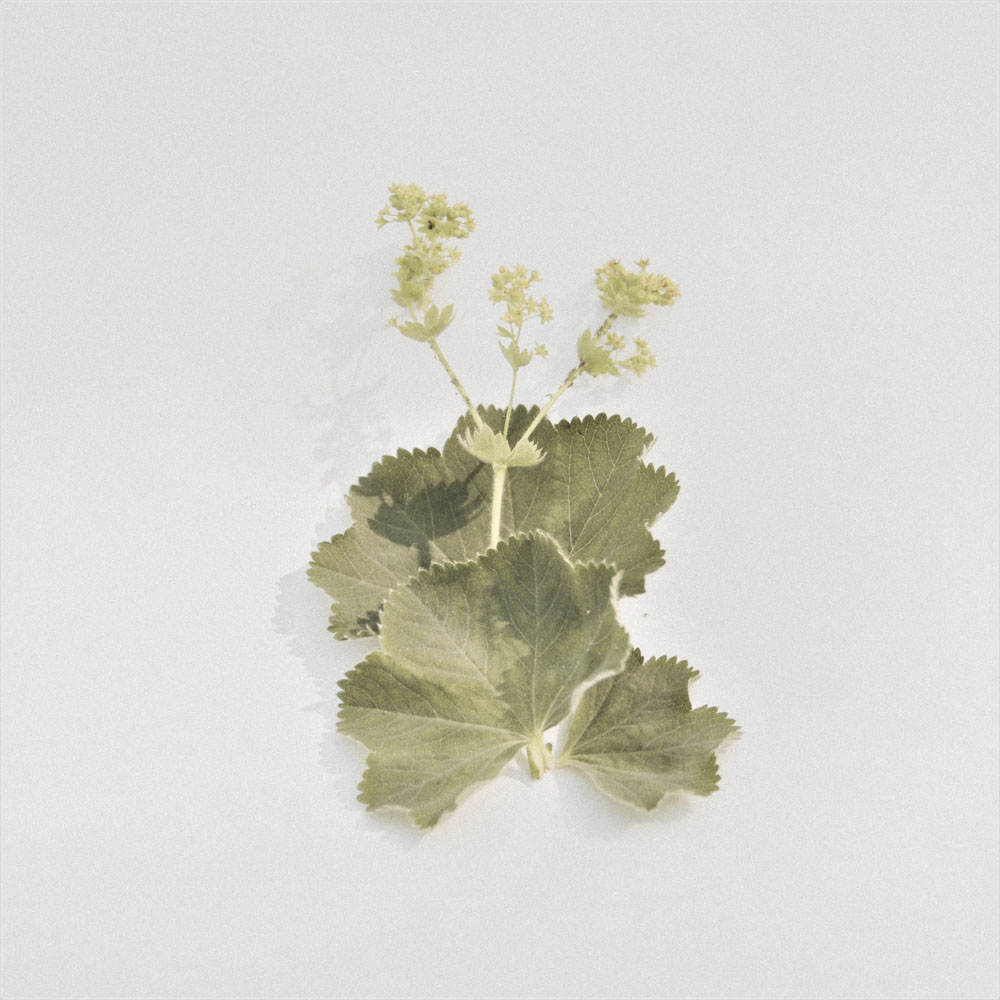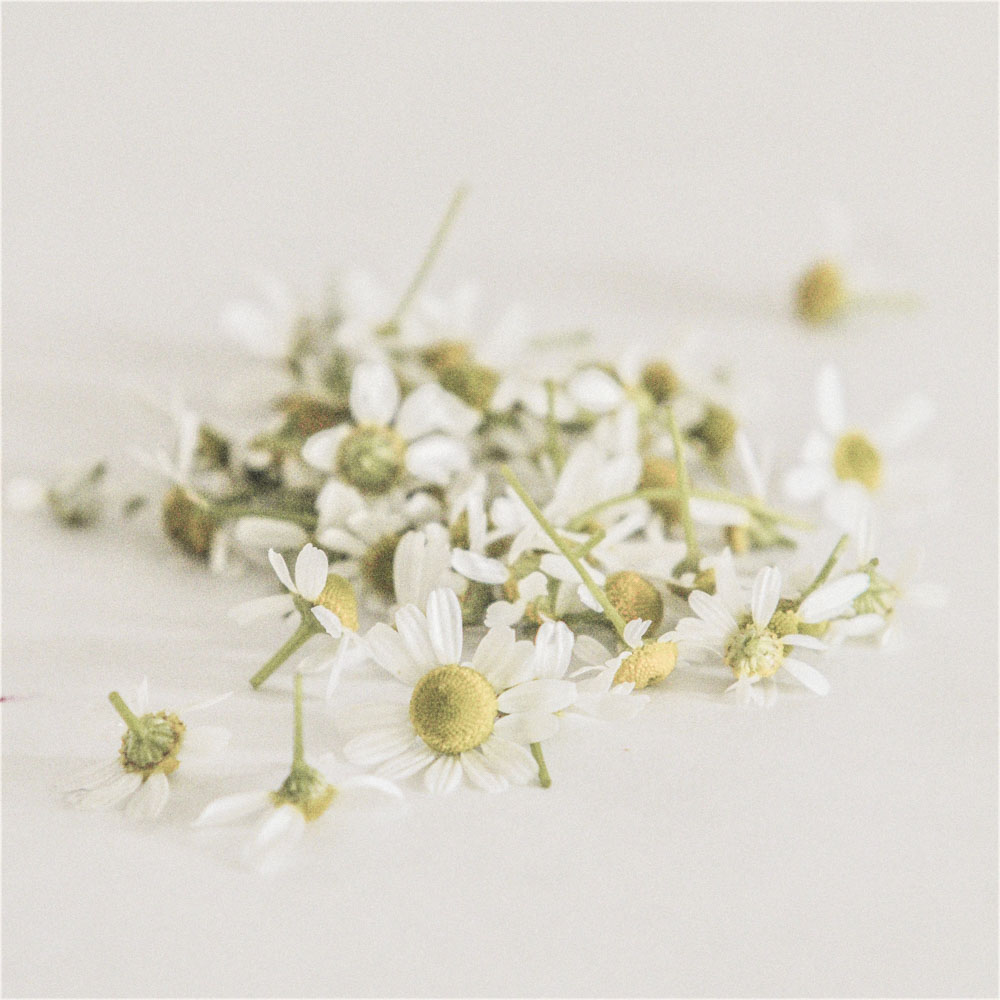Raspberry Leaf
INCI: Rubus Idaeus Leaf Extract

Welcome to my comprehensive guide on the use of raspberry leaf in skincare. I know that it can be challenging to navigate the ever-changing world of beauty products. In this article, we will explore the benefits of raspberry leaf, its nutrients, and its potential use cases in skincare. By the end of this guide, you will have a better understanding of why raspberry leaf is a must-have ingredient in your skincare routine.
Scroll down to read
What is Raspberry Leaf?
Raspberry leaf is derived from the leaves of the raspberry plant, which is native to Europe, Asia, and North America. The leaves have a long history of use in traditional medicine and have been used for centuries to treat a variety of ailments, including skin conditions.
How Has Raspberry Leaf Been Used in the Past?
In the past, raspberry leaf was used in traditional medicine to treat a variety of ailments, including diarrhea, menstrual cramps, and skin conditions. The ancient Greeks, Romans, and Chinese all used raspberry leaf for medicinal purposes.
In addition to its use in internal medicine, raspberry leaf was also used topically to treat various skin conditions. The leaves were believed to have anti-inflammatory and astringent properties, which could help soothe and tone the skin. Some traditional remedies even recommended applying mashed raspberry leaves directly to the skin to treat acne and other skin blemishes.
While many of these traditional uses of raspberry leaf have not been scientifically proven, they do offer some insight into the potential benefits of this plant for skincare and overall health.
Benefits of Raspberry Leaf in Skincare
Raspberry leaf offers numerous benefits when it comes to skincare. Here are five reasons why you should consider using raspberry leaf in your skincare routine:
1. Anti-Aging Properties
Raspberry leaf is rich in antioxidants, which can help prevent and repair damage to the skin caused by environmental factors like pollution and UV radiation. The antioxidants in raspberry leaf can also help reduce the appearance of fine lines and wrinkles, making it a great ingredient for anti-aging skincare products.
2. Soothes Irritated Skin
Raspberry leaf contains anti-inflammatory compounds that can help soothe irritated skin. It can be particularly helpful for those with sensitive skin or skin conditions like eczema and psoriasis.
3. Hydrates the Skin
Raspberry leaf is a natural humectant, which means that it helps the skin retain moisture. This makes it an excellent ingredient for hydrating skincare products.
4. Improves Skin Elasticity
The compounds found in raspberry leaf can help improve skin elasticity, which can make the skin appear firmer and more youthful.
5. Brightens Skin
Raspberry leaf contains vitamin C, which can help brighten the skin and reduce the appearance of dark spots and hyperpigmentation.
What Nutrients Does Raspberry Leaf Contain?
Raspberry leaf contains a variety of nutrients and compounds that are beneficial for the skin. Here are a few of the key nutrients found in raspberry leaf:
Ellagic acid
Raspberry leaf is a rich source of ellagic acid, a powerful antioxidant that has been shown to protect the skin from UV damage. Ellagic acid can help reduce inflammation and redness in the skin and may even help prevent the formation of wrinkles and fine lines.
Tannins
Tannins are a group of compounds that have astringent properties, which means they can help tighten and tone the skin. Raspberry leaf is a good source of tannins, which can help reduce inflammation and redness in the skin. Tannins are also believed to have antibacterial properties, which can help prevent acne and other skin blemishes.
Vitamin C
Raspberry leaf contains high levels of vitamin C, a potent antioxidant that can help brighten the skin and protect it from environmental damage. Vitamin C is also essential for the production of collagen, a protein that helps keep the skin firm and youthful-looking.
Flavonoids
Flavonoids are a group of compounds that have antioxidant and anti-inflammatory properties. Raspberry leaf is a good source of flavonoids, which can help protect the skin from damage and reduce inflammation. Some studies have also suggested that flavonoids may help improve skin elasticity and reduce the appearance of wrinkles.
In addition to these key nutrients, raspberry leaf also contains a range of vitamins and minerals that are important for overall skin health, including calcium, magnesium, and iron. All of these nutrients work together to nourish and protect the skin, making raspberry leaf a valuable ingredient in skincare products.
Example Use Cases of Raspberry Leaf in Skincare
Raspberry leaf can be used in a variety of skincare products, including toners, serums, and masks. Here are a few ways you can use raspberry leaf in your skincare routine:
- Raspberry Leaf Toner: Steep dried raspberry leaves in hot water, allow it to cool, and then use it as a toner. This can help hydrate and soothe the skin, as well as provide anti-aging benefits.
- Raspberry Leaf Face Mask: Mix raspberry leaf powder with honey and apply it to your face for a hydrating and brightening mask.
- Raspberry Leaf Serum: Look for skincare products that contain raspberry leaf extract, which can provide anti-aging, brightening, and hydrating benefits.
Frequently Asked Questions
Is raspberry leaf safe for all skin types?
Yes, raspberry leaf is generally safe for all skin types. However, as with any skincare product, it’s always a good idea to do a patch test first to make sure you don’t have an allergic reaction.
Can I use raspberry leaf if I have sensitive skin?
Yes, raspberry leaf can be particularly helpful for those with sensitive skin, as it contains anti-inflammatory compounds that can help soothe irritation and redness.
Can I use raspberry leaf during pregnancy?
Raspberry leaf is often used to prepare the uterus for labor and is generally considered safe to use during pregnancy. However, it’s always a good idea to consult with your healthcare provider before using any new skincare product during pregnancy.
Recap
Here are three key takeaways from this guide:
- Raspberry leaf has a long history of use in traditional medicine and offers numerous benefits when it comes to skincare.
- Raspberry leaf contains a variety of compounds and nutrients that are beneficial for the skin, including antioxidants, anti-inflammatory compounds, and vitamin C.
- Raspberry leaf can be used in a variety of skincare products, including toners, serums, and masks, and is generally safe for all skin types.
With its numerous benefits and versatility, raspberry leaf is definitely an ingredient to watch out for in the world of skincare.
Further reading

Squalane
As the skincare market continues to boom, understanding how to use powerful ingredients like squalane has become increasingly important. Squalane is an emollient that has a variety of benefits for all skin types. In this comprehensive guide, we will cover everything you need to know about squalane, including its history, benefits, nutrients, use cases, how to use it, and side effects.
Continue reading
Lady’s Mantle
As a skincare enthusiast, you are always on the lookout for new ingredients that can give you that radiant and youthful-looking skin. In this article, we will be exploring the amazing benefits of Lady's Mantle, a herb that has been used for centuries for its numerous skincare benefits. So, grab a cup of tea and let's dive in!
Continue reading
Chamomile
Are you on the hunt for a natural ingredient to enhance your skincare routine? Meet your new skincare bestie: chamomile! Chamomile has been used for centuries as a healing herb to treat many ailments, including skin conditions. In this guide, we’ll explore the benefits of chamomile in skincare, its nutrients, example use cases, side effects, and frequently asked questions.
Continue reading